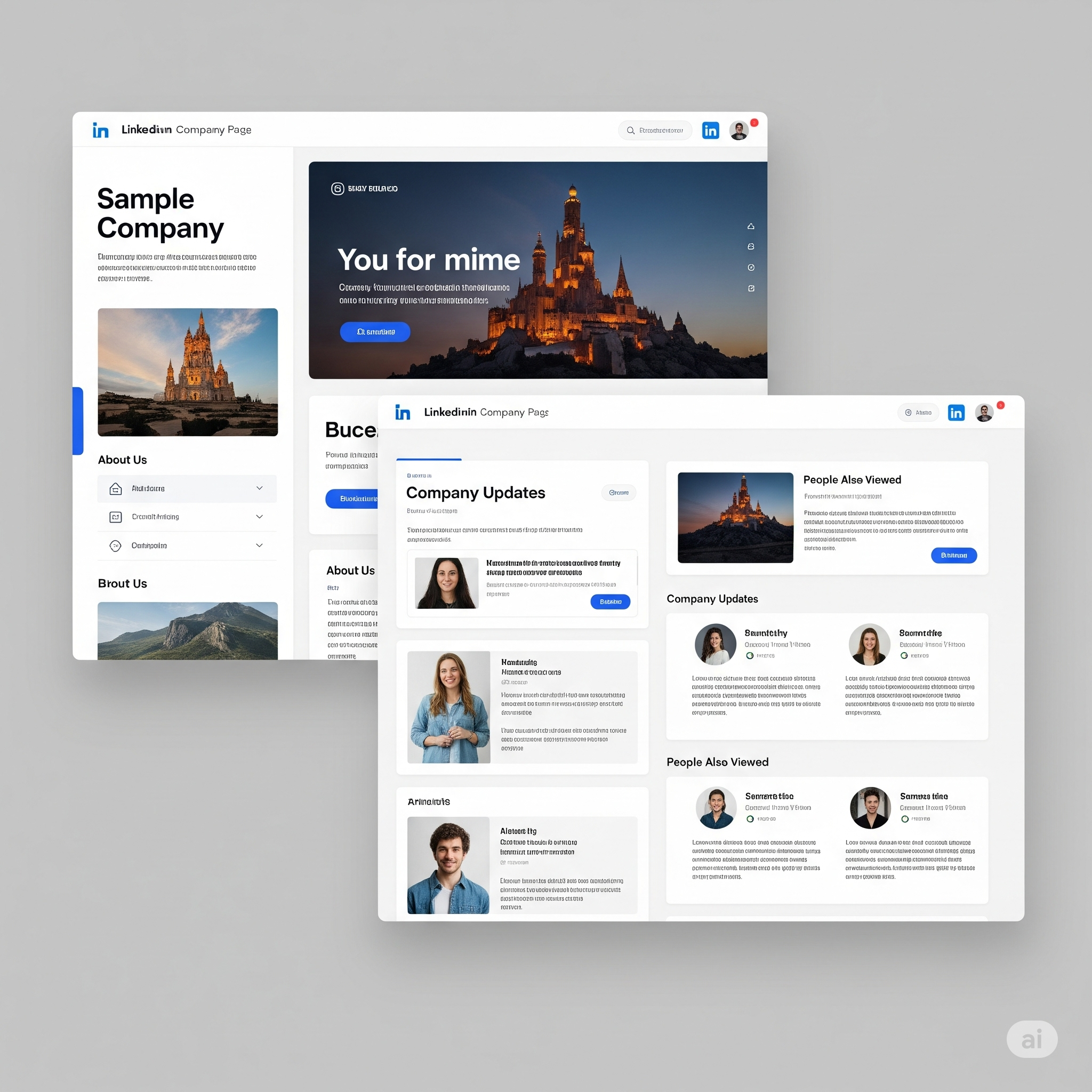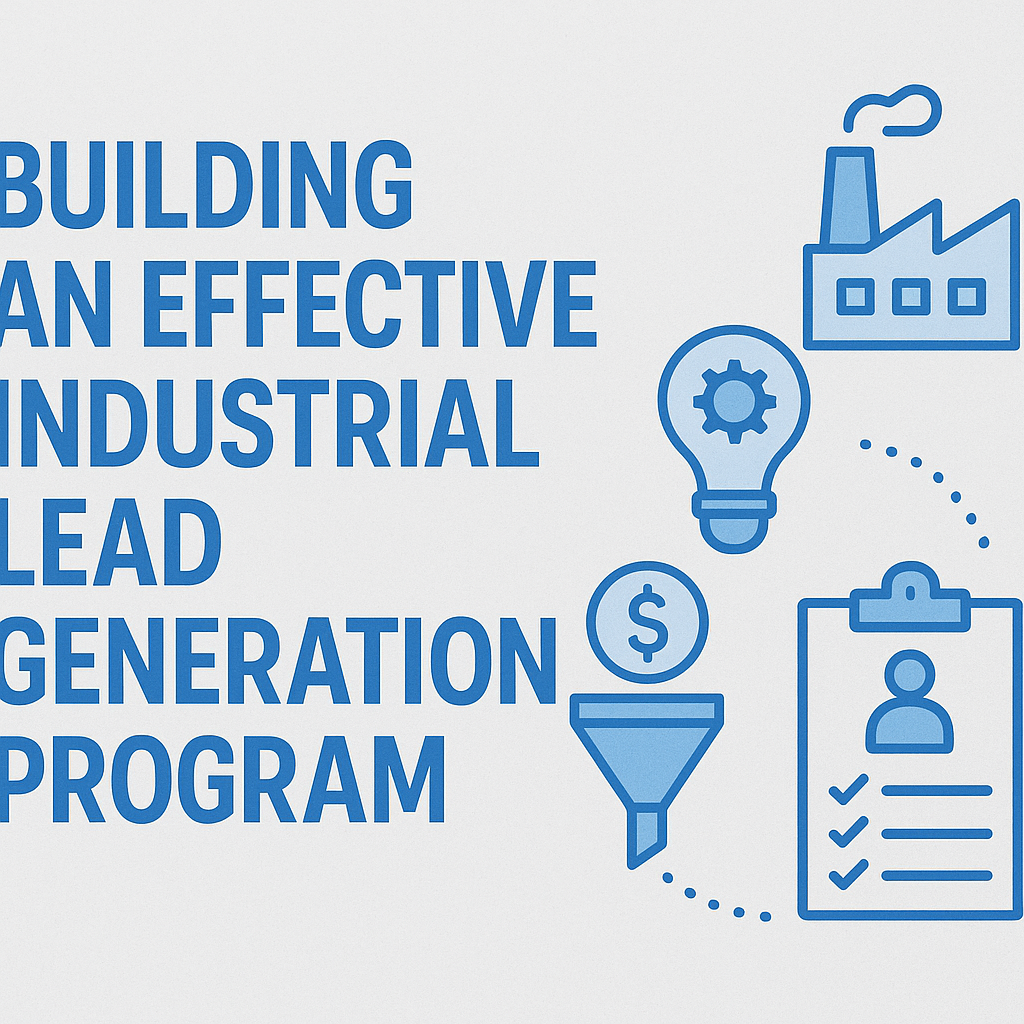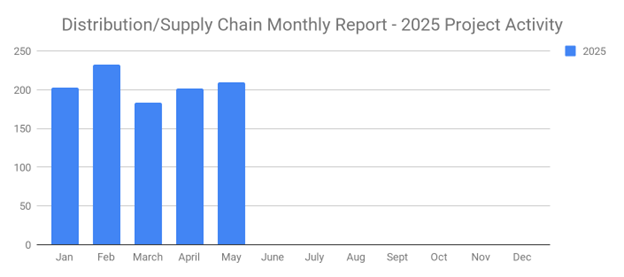
Tire kickers are inevitable in the B2B sales industry. Whether you contact prospects by phone, email or social media, you'll probably encounter them. On the surface, tire kickers may appear to be legitimate prospects that are interested in your B2B company's products or services. No matter how much time you spend nurturing them, though, they won't make a purchase. Tire kickers will simply waste your time and resources. For a better understanding of tire kickers and how to deal with them, keep reading.
What Are Tire Kickers?
Tire kickers are prospects who show signs of interest in a product or service but have no real intentions of making a purchase. They'll typically ask questions about the product or service. A tire kicker may inquire about the product's or service's features, or he or she may haggle for a lower price. You can answer all of a tire kicker's questions, and you can even offer him or her a lower price. Unfortunately, you won't generate a sale when negotiating with a tire kicker.
There are tire kickers in other industries besides B2B sales. The term "tire kicker," in fact, originated in the used car industry. Sales reps for used cars often encounter shoppers who will literally kick the tires of used cars while having no real intentions of making a purchase. The term has since made its way into the B2B sales industry. Tire kickers in the B2B sales industry consist of prospects who exhibit interest in a product service but don't intend to purchase it.
Why Tire Kickers Are a Problem
Assuming you're unfamiliar with them, you might be wondering why tire kickers are a problem. For starters, tire kickers will waste your time and resources. Statistics show that it takes an average of eight cold call attempts for B2B sales reps to reach a given prospect. You may find yourself cold calling tire kickers -- just like other prospects. When you finally reach a tire kicker, he or she will give you the metaphorical runaround. The tire kicker won't directly object your sales offer. Instead, he or she will show signs of interest in the product or service, thereby wasting your time.
Tire kickers will also dilute the quality of your sales lead data. Most B2B companies store information about their prospects in a central database, such as customer relationship management (CRM) software. With tire kickers, your B2B company's lead data will consist of legitimate prospects with intentions to make a purchase, and it will consist of illegitimate prospects -- tire kickers -- with no intentions of making a purchase. The end result is lower-quality sales lead data.
Failure to identify and deal with tire kickers can lead to the following problems:
- Wasted time and resources
- Lower quality lead data
- Fewer total sales
- Ability to target fewer legitimate prospects
- Congested sales pipeline
How to Identify Tire Kickers
There are several things you can do to identify tire kickers so that they don't waste your time and resources. You can often identify tire kickers by comparing them to your B2B company's ideal buyer persona. An ideal buyer persona is a representation of a typical buyer. It reflects the demographics and characteristics of prospects who typically buy your B2B company's products or services. If you're communicating with a prospect who doesn't match your B2B company's ideal buyer persona, he or she may be a tire kicker.
Asking the right questions can help you distinguish between legitimate prospects and tire kickers. When communicating with a potential tire kicker, ask him or her what problem they are trying to solve. Prospects buy products and services from B2B companies to solve a problem. If the potential prospect hasn't encountered a problem -- or if his or her problem doesn't align with your B2B company's products or services -- you might be dealing with a tire kicker.
Most tire kickers do little or no research on the B2B companies with which they communicate. If you've contacted a tire kicker in the past, for example, he or she may not remember your name or the name of your B2B company. Alternatively, the tire kicker may not know the types of products or services that your B2B company sells.
Don't forget to inquire about the potential prospect's budget. Many tire kickers don't intend to make a purchase because they can't afford the product or service that is being pitched. Instead, they simply want to learn more about the product or service without buying it. Therefore, you can identify tire kickers by inquiring about their budget. If you're talking with a potential prospect over the phone, inquire about his or her budget. If the potential prospect's budget is too low, he or she might be a tire kicker.
Tips for Handling Tire Kickers
If you encounter a tire kicker, the best course of action is to move on. Tire kickers are defined by their lack of intention to make a purchase. They'll show signs of interest in a product or service, but they won't have intentions of purchasing it. As a result, pursuing a tire kicker as is a waste of time. Moving on to the next prospect will streamline your sales strategy so that you don't waste valuable time or resources.
With that said, some tire kickers may point you in the direction of legitimate prospects who are interested in making a purchase. Some tire kickers act as gatekeepers. They don't intend to make a purchase, but they may answer calls on behalf of other prospects at their business who do intend to make a purchase. If you encounter a tire kicker who falls under this category, you might be able to entice him or her to direct you to a legitimate prospect.
How to Avoid Tire Kickers
One way to avoid tire kickers is to get qualified project reports from SalesLeads. Project reports are qualified projects that have been identified by the answers received through the qualification process of our research team. When you receive an identified project in the project report, you'll know that hours of work has gone into qualifying the opportunity into a project. This is a great way to avoid tire kickers and start working on projects that have been identified as projects.
In Conclusion
Selling B2B products and services revolves around communications. You'll have to communicate with prospects to effectively pitch your B2B company's products or services. Prospects who show signs of interest in a product or service but don't intend to make a purchase are tire kickers. They'll essentially waste your time and resources, which is why you need to avoid them.
What to learn more? Get in Touch





